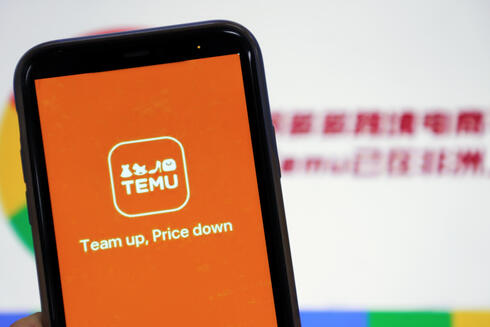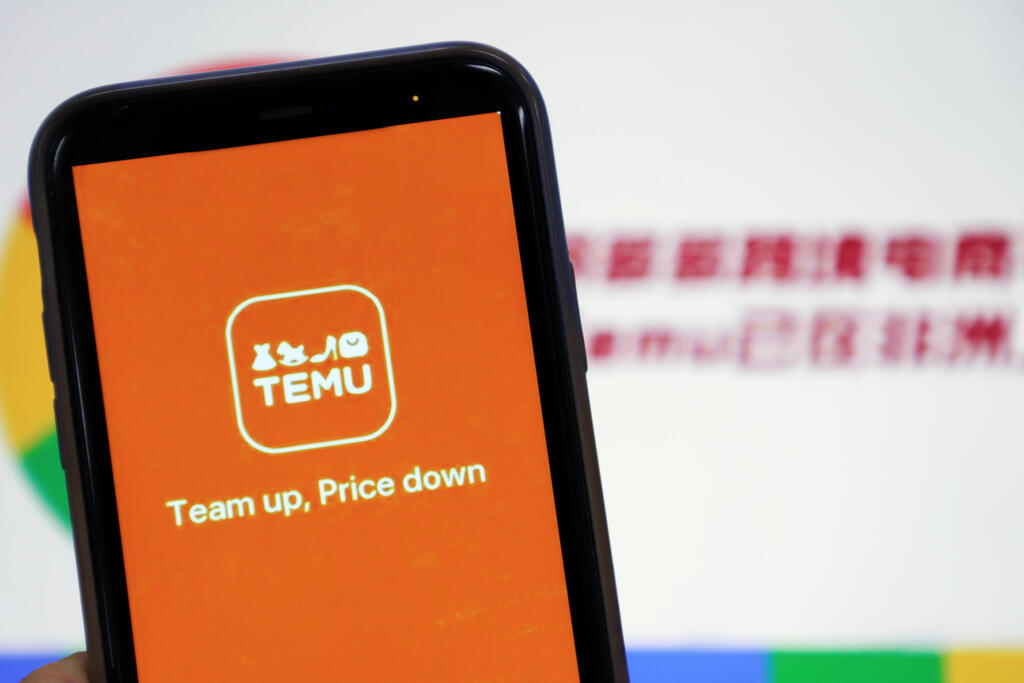
Analysis
Temu’s meteoric rise hits a wall: PDD warns of tough times ahead
Shares tumble as PDD reports disappointing earnings and braces for intensified global competition and regulatory scrutiny.
Shares of the e-commerce giant PDD—parent company of Temu and Pinduoduo—plunged 29% this week following the publication of its financial reports, wiping $55 billion off its market value and pushing its founder, Colin Huang, from the top spot on China's richest list to fourth place, just 18 days after reaching the peak. This drop, the sharpest since the stock began trading in New York in 2018, occurred despite PDD’s continued strong revenue growth, highlighting the conservative stance investors are currently taking toward the technology sector.
PDD concluded the second quarter with revenues of $13.36 billion, an 86% jump compared to the same quarter in 2023, but below analysts' expectations of $14.03 billion. Operating profit amounted to $4.5 billion, a 156% increase from the second quarter of last year. "We are encouraged by the strong progress we have made in recent quarters," said Lei Chen, Chairman and Co-CEO of PDD, but he added a cautionary note that led to the stock's crash: "But we see many challenges ahead." He cited changes in consumer demand, increased competition, and shifts in the global business environment as key concerns. During an investor call, the company also mentioned a future $1.4 billion plan aimed at promoting "high-quality" merchants, which will include measures such as lowering commissions.
"Looking ahead, revenue growth will inevitably face pressure due to increased competition and external challenges," noted the company's CFO Jun Liu. During the earnings call, Co-CEO Jiazhen Zhao added that "our operations have become increasingly affected by non-business factors. Competition is here to stay and is expected to intensify in the industry. These factors together will inevitably cause fluctuations in our business." He further noted that "as shown in this quarter's results, high revenue growth is not sustainable, and a downward trend in profitability is inevitable."
PDD was founded in 2015 as a digital platform for group purchasing in the Chinese consumer market. In 2018, it began trading on Nasdaq, and in 2022, it expanded into Western markets through its Temu branch, based in Boston. Temu launched its operations aggressively, and by March 2023, it was active in 48 countries across Europe, Australia, and the Middle East (including Israel). Through aggressive advertising and competitive pricing, Temu became the most downloaded app globally (337 million downloads), surpassing both Shein and Amazon. Its penetration into Israel was swift, and today, Temu ranks first in the country in terms of monthly order volume.
In June, in an attempt to compete with Temu, Amazon announced it would set up a virtual store within its platform dedicated to cheap, unbranded products from individual manufacturers in China, priced under $20. Products ordered through this virtual store are expected to arrive within 11 days, a significant shift from Amazon's usual focus on reducing delivery times as much as possible.
PDD does not provide separate financial results for Temu and Pinduoduo, but its situation is complex on both fronts. Pinduoduo, operating in China, is contending with a significant slowdown in the local consumer market. This trend is not only affecting American companies but also other Chinese retail giants, which have reported disappointing results this month. Last week, Alibaba reported a 1% increase in revenue from merchant commissions and advertising in the second quarter compared to last year, down from 5% growth in the first quarter. Meanwhile, direct sales on the platform fell 9% in the second quarter compared to the same period in 2023. Rival giant JD.com reported a 92% jump in net profit in the second quarter, but only a modest and below-expected revenue increase of 1.2%, as well as a decline in average order value compared to the second quarter of 2023, partly due to "soft consumer spending." Over the past year, PDD's stock has climbed by 23%, while JD.com's stock has fallen by more than 20%, and Alibaba's stock has gained 13%.
On the other hand, PDD’s aggressive expansion into Western markets through Temu has triggered regulatory scrutiny and backlash. In April, the European Commission launched an investigation into whether Temu complies with the stringent regulations required of any platform serving tens of millions of consumers in the EU. In May, the European Consumer Organization (BEUC) filed a complaint under the Digital Services Act (DSA) with local regulators and the European Commission, accusing the company of using manipulative practices and failing to protect consumers. "Ultimately, the high number of dangerous products sold on Temu by untraceable dealers, using manipulative methods and opaque recommendation systems, creates a toxic cocktail that can compromise the privacy, safety, and security of minors," BEUC's complaint stated. The U.S. Congress has also opened an investigation into Temu's business practices, including its use of tax loopholes and concerns over the potential use of cotton from the Xinjiang region, which is banned due to human rights violations against the Uyghur minority. The states of Arkansas and New York have launched their own investigations into questions surrounding the privacy and security of user data.
Shein and Amazon have begun to directly challenge Temu with legal and business strategies. In recent months, Shein and Temu have exchanged lawsuits. The latest occurred about a week ago, when Shein sued Temu, accusing it of being "an illegal enterprise built on counterfeiting, stealing trade secrets, violating intellectual property rights, and fraud." Shein also claimed in the lawsuit that Temu's relentless pursuit of low prices is central to its business model and competitive strategy, achieved by any means necessary. Temu, it should be noted, is also currently being sued by For Love and Lemons, H&M, Levi's, and Uniqlo.















